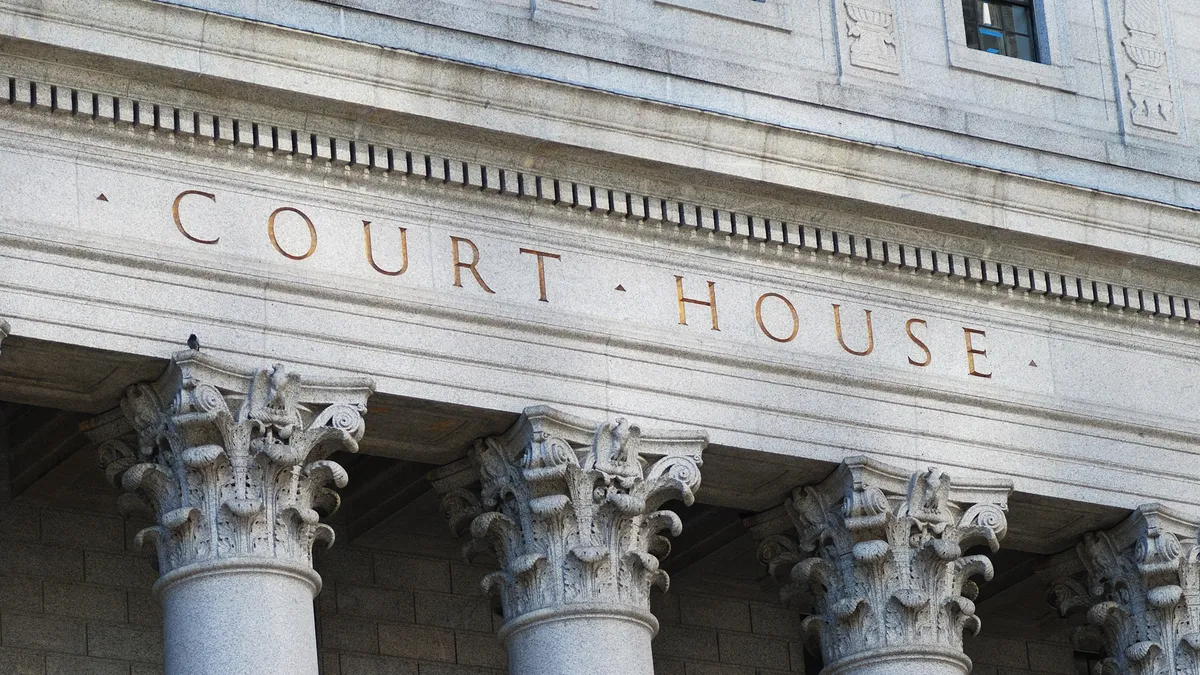Dive Brief:
- The California cities of San Jose and Santa Clara have settled legal claims around two huge developments, clearing a path toward construction, according to ABC 7.
- San Jose filed a lawsuit against the city of Santa Clara demanding it nix Related Companies' $6.5 billion CityPlace mixed-use project because it did not include enough housing, which could force an estimated 25,000 CityPlace workers to look to San Jose for a place to live, thereby creating a burden for San Jose. Santa Clara then sued San Jose, alleging that the developers of the Santana West project, which includes 970,000 square feet of office space and 29,000 square feet of retail, did not consider the impact the project would have on Santa Clara's traffic and other quality of life issues.
- As part of the settlement, San Jose will spend nearly $4 million for traffic improvements in both cities; $5 million for Santa Clara transportation services or affordable housing; and $145,000 for Santa Clara's legal fees. Related Companies will give up to $15 million to San Jose for traffic upgrades.
Dive Insight:
The Santa Clara-San Jose feud is an example of how relatively easy it is in California to tie up a project in the courts by using the California Environmental Quality Act (CEQA).
Activists with the Mission Bay Alliance used CEQA to delay progress of the $1 billion Golden State Warriors arena in San Francisco for more than a year. In its lawsuit, the group claimed that construction and subsequent operations would create noise, air quality and traffic problems for patients, visitors and staff of the University of California, San Francisco women’s, children’s and cancer hospitals across the street. Ultimately, a judge ruled in favor of the Warriors.
CEQA could also come into play in California Attorney General Xavier Becerra's and the California Coastal Commission's lawsuit against the Trump administration to stop construction of the U.S.-Mexico border wall, at least the California portion.
The lawsuit alleges that the U.S. Department of Homeland Security didn't complete and submit the necessary environmental impact statements before starting construction on wall prototypes and other wall-related projects in San Diego and Imperial counties. The suit also claims that the DHS based its decision to waive those requirements on an immigration law that expired in 2008.













